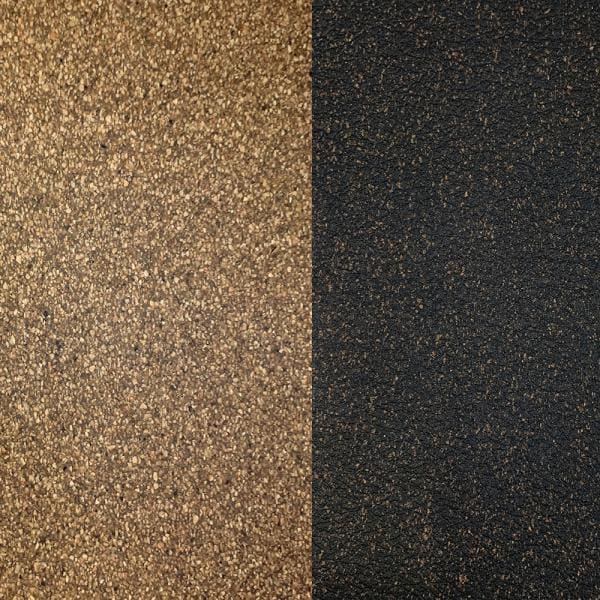
HEXPOL TPE Present the Sustainable Materials Lab to the Automotive Market at IZB 2022
At the International Suppliers Fair (IZB) taking place in Wolfsburg, Germany, in October, HEXPOL TPE will bring their Sustainable Materials Lab for the first time.
“The Sustainable Materials Lab is about delivering extra value while lowering environmental impact“, explained Jill Bradford, global marketing manager for HEXPOL TPE. “That value comes from a support package which combines our materials and R&D capabilities, as well as our knowledge around carbon literacy and sustainability practices and importantly providing evidence such as product carbon footprints”.
Among the materials presented at IZB will be:
TPE Materials with Recycled Content
Through the controlled use of reliable post- and pre-consumer waste streams, it is now possible to realise the majority of soft automotive applications with recycled content. The Dryflex Circular TPE range enables applications in the field of air-water separation, as well as interior applications with demands around odour and VOC emissions. A representative Dryflex Circular TPE grade, a 65 Shore A material for inlay mats with a recyclate content of 20%, showed a very low amount of VOC (60 μg/g) and FOG (594 μg/g).
The Dryflex Circular TPE range includes materials with recycled content up to 60 % with a hardness range from 40 Shore A to 60 Shore D.
Biobased TPE
Dryflex Green is a family of thermoplastic elastomer (TPE) compounds containing raw materials from renewable resources such as plant and vegetable crops. The product range includes grades based on Styrenic Block Copolymer (TPS), Thermoplastic Polyolefin (TPO) and Thermoplastic Vulcanisate (TPV) technologies. Dryflex Green TPEs are available with amounts of renewable content to over 90% (ASTM D 6866) with hardnesses from 15 Shore A to 60 Shore D.
Cork Biocomposite
Lifocork Biocomposite materials combine the haptics and optics of natural cork with the processability of plastics. Lifocork can be processed using thermoplastic processing methods. In injection moulding, it can be processed using standard equipment. Lifocork can also be processed in two-component moulding. It has an excellent bond to TPE, PP and PE.
It’s also possible to make foamed parts from Lifocork. This offers materials with very low densities (as low as 0.45 g/ccm), giving lightweight components.

High Flow TPE for Injection Moulded Panel and Skins
HEXPOL TPE introduced novel technology to the polymer industry with Dryflex HiF, a family of TPS-SEBS compounds for interior surfaces. The Dryflex HiF TPE materials are injection mouldable, making them an interesting alternative to PU coating, PVC slush moulding or TPO foil processes. In a production trial, 1.1 mm thin skins for the soft surface of a complete instrument panel were moulded and back-foamed with PU. Demonstrating that even very large, thin parts can be produced via injection moulding due to the high flowability of the Dryflex HiF TPE.
“We’re working hard to support automotive companies as they address the sustainability of their products and help them make informed material choices. I’m looking forward to bringing these discussions to Wolfsburg as part of our Sustainable Materials Lab”, added Thomas Köppl, group product manager for HEXPOL TPE.
Visitors to IZB can learn more about The Sustainable Materials Lab from HEXPOL TPE in Hall 3, Stand 3502. The show runs from 11 to 13 October at Allerpark, Wolfsburg, Germany.
Read more about HEXPOL’s sustainability work here.
HEXPOL TPE
+44 (0) 161 654 6616
Website
Email






